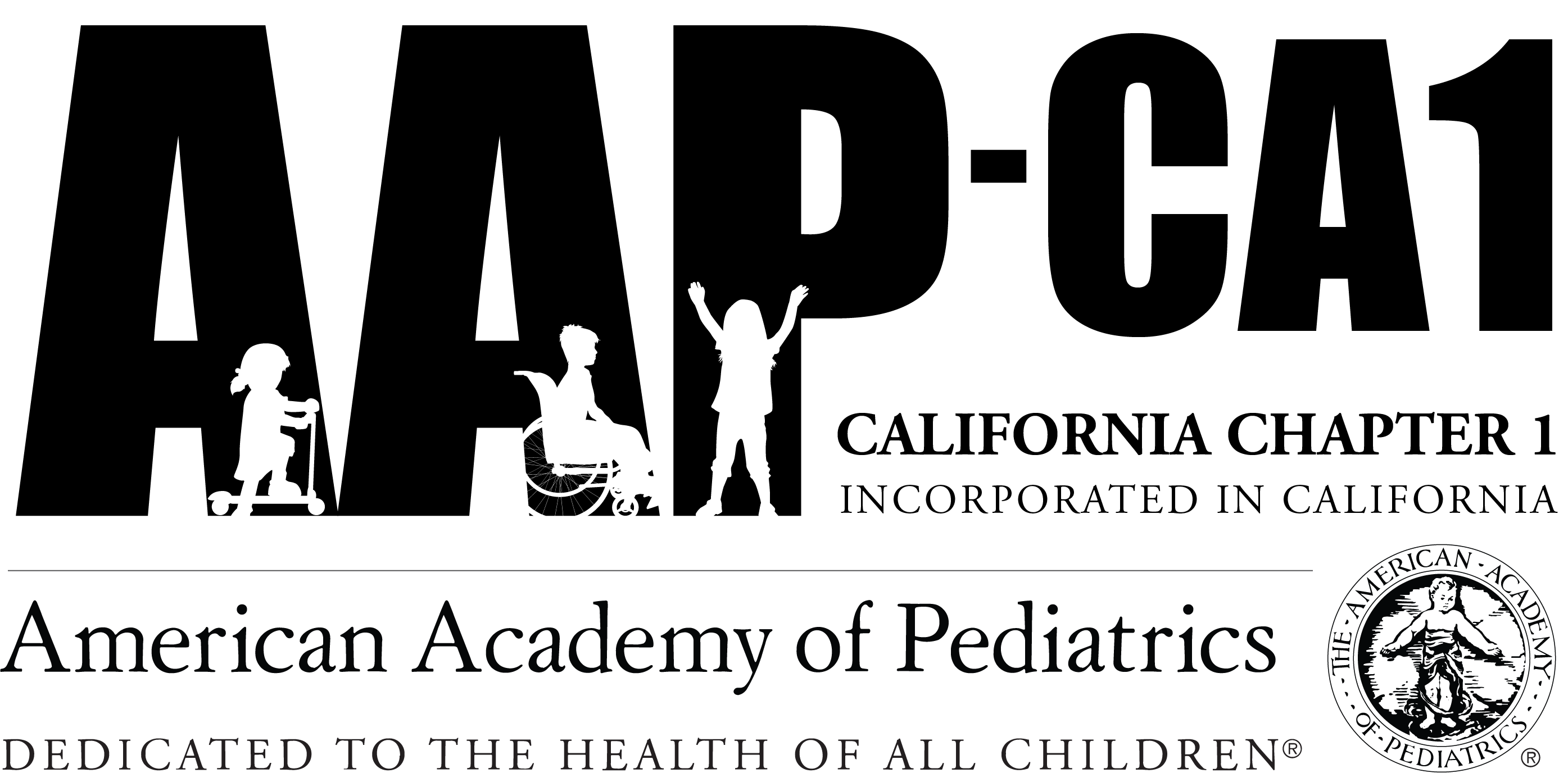In another country, I might not have become a doctor. But here I am, a Peruvian immigrant on the cusp of graduating as a pediatrician. My journey, as an immigrant child navigating a new nation, was supported by systems and individuals that believed in my potential. Yet, today, that foundation feels fragile, threatened by policies that undermine the well-being of immigrant children and families.
Migrant children face a great deal of trauma stemming from armed conflict in their motherland to discrimination and family separation in their new home. These stressors, research tells us, can have devastating consequences. For instance, the prolonged activation of the stress-response system, can alter brain development, compromising long-term health and increasing the risk of mental health disorders. To be sure, few experiences are as devastating as being separated from a parent, and as pediatricians, we often see these scars of these experiences etched into the lives of children in our care.
In recent weeks, the current administration worsened these threats with new actions: a directive from Department of Homeland Security that rolls back protections that limited Immigration and Customs Enforcement (ICE) agents from making arrests near hospitals and clinics. Trust between healthcare providers and immigrant families is already a tenuous thing. Removing these safeguards will instill new fears and deter families from seeking essential care. Parents who might otherwise bring their infant for a fever or vaccination may now hesitate out of fear of deportation. I can already imagine the anxiety of a child visiting a clinic for the first time, fearing they must hide, or risk being taken by ICE agents. And the consequences of these actions extend beyond immediate trauma and health concerns. They cascade into developmental, educational, and ultimately societal costs.
As a future pediatrician, I am concerned. My commitment to promoting the health and safety of all children is grounded in the belief that every child deserves a chance to flourish. It knows no borders, no documentation status. I see the well-being of immigrant children being jeopardized as a threat to the field of pediatrics. Their success is intertwined with ours. Their challenges are a reflection of our shared responsibility.
In this moment, the stakes are clear. Will we be a community that nurtures its children, regardless of where they are from, or will we remain publicly quiet? The choices we make today will echo in generations to come. As pediatricians, we must advocate for policies that protect and support immigrant children and families, ensure that clinics and hospitals remain safe havens, free from the looming threat of deportation. We must come together to support legislation and policy work that dismantles these barriers to healthcare.
Immigrant children are incredibly resilient, but that should not be the only tool they rely on. They deserve systems that support them, communities that embrace them, and policies that protect them. It is our collective responsibility to provide a framework for solutions, to build a future where all children, regardless of where they were born, can reach their full potential.
